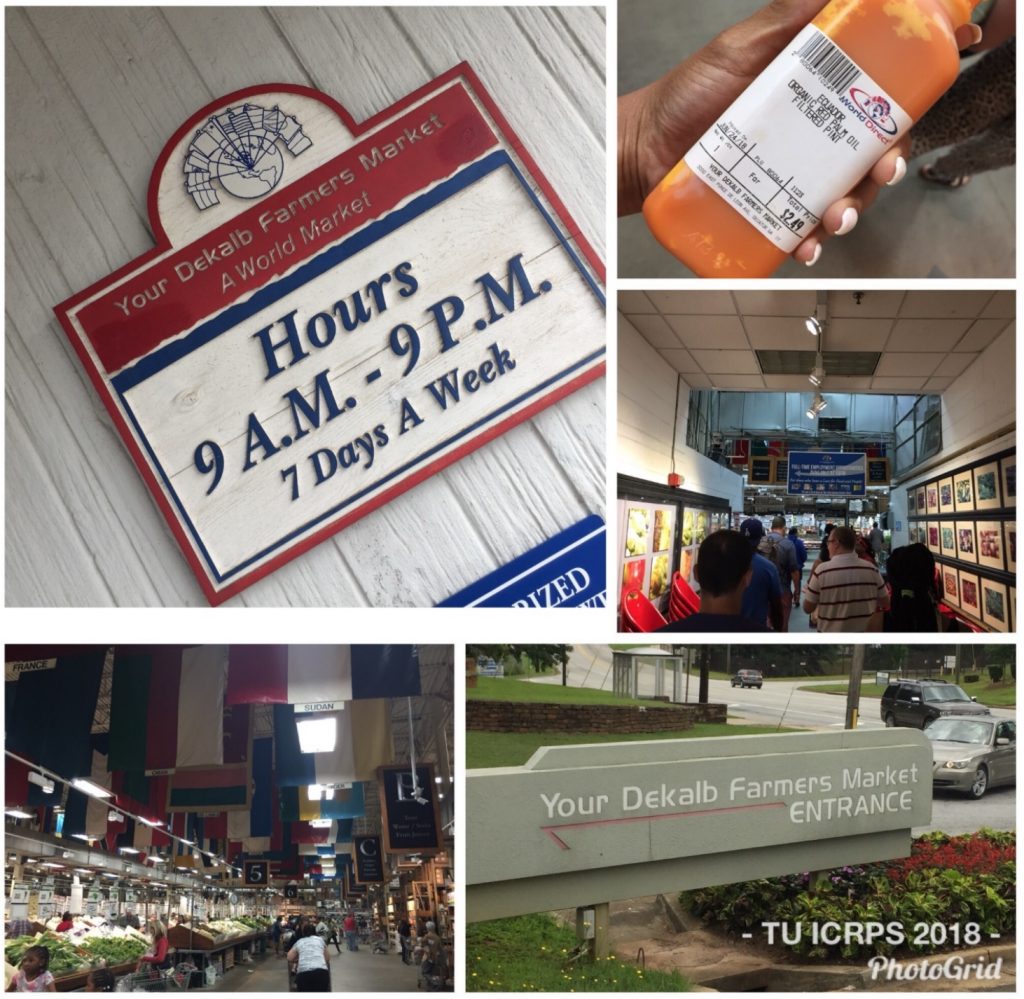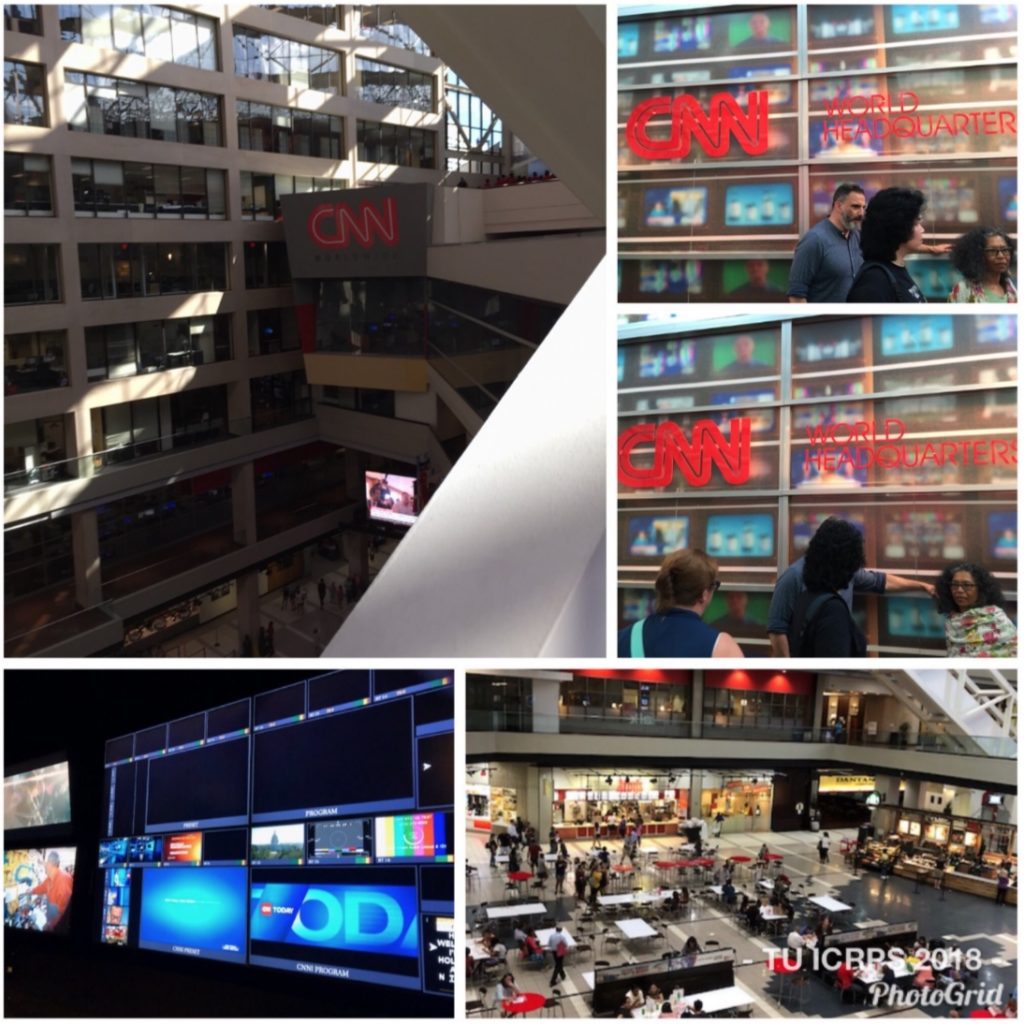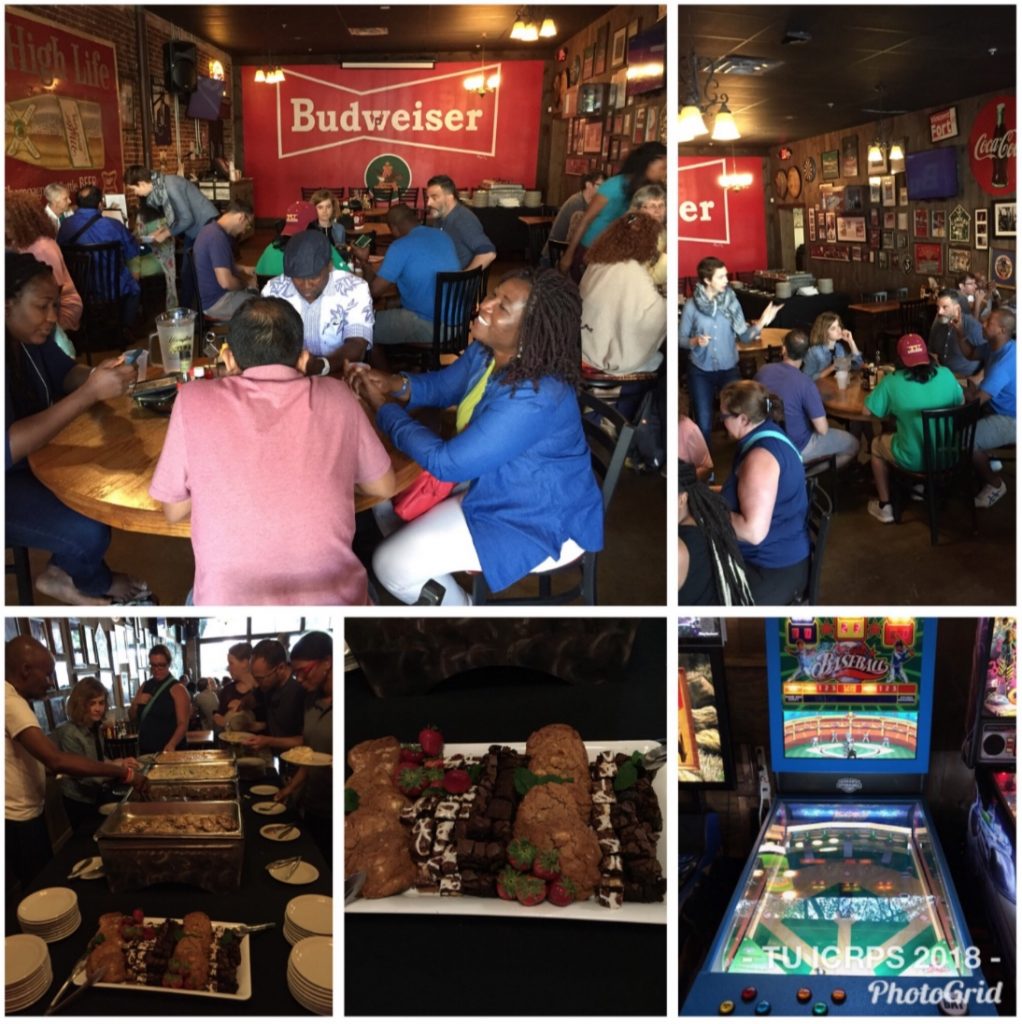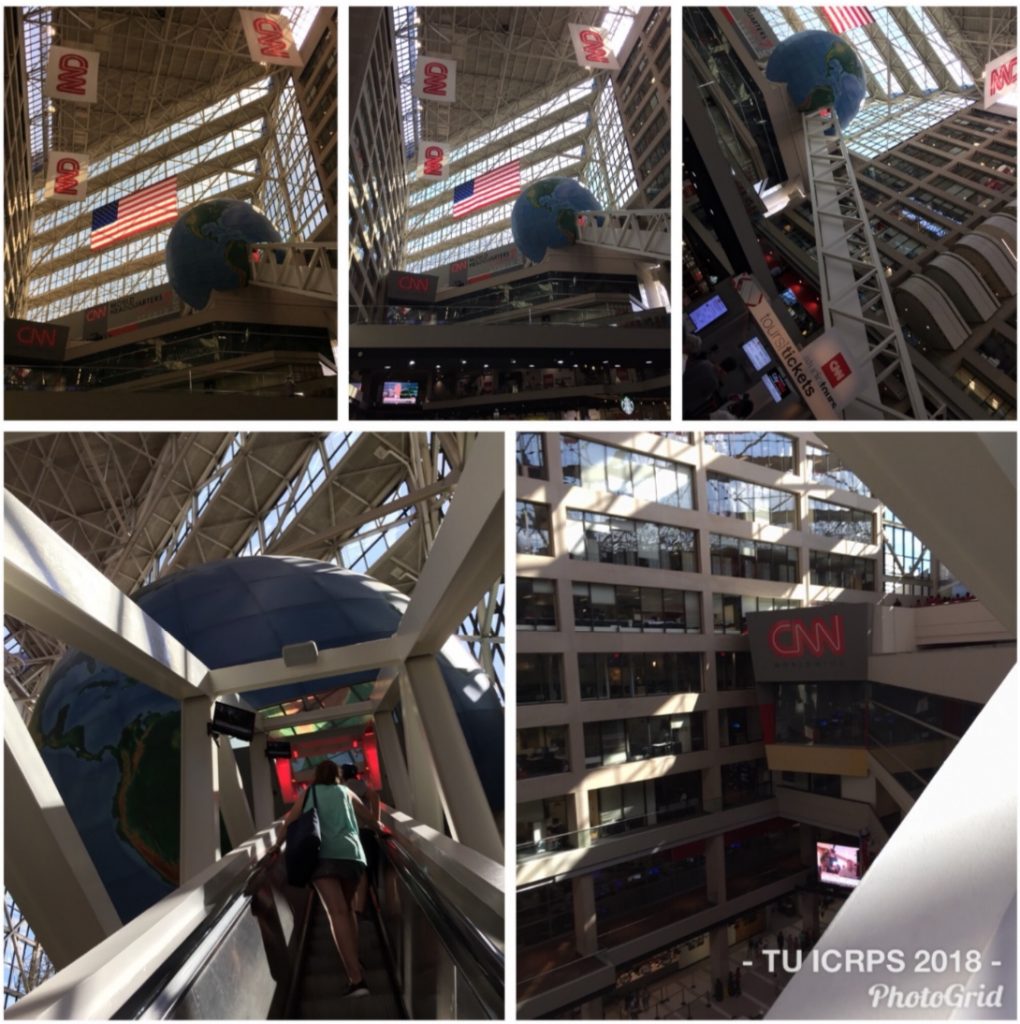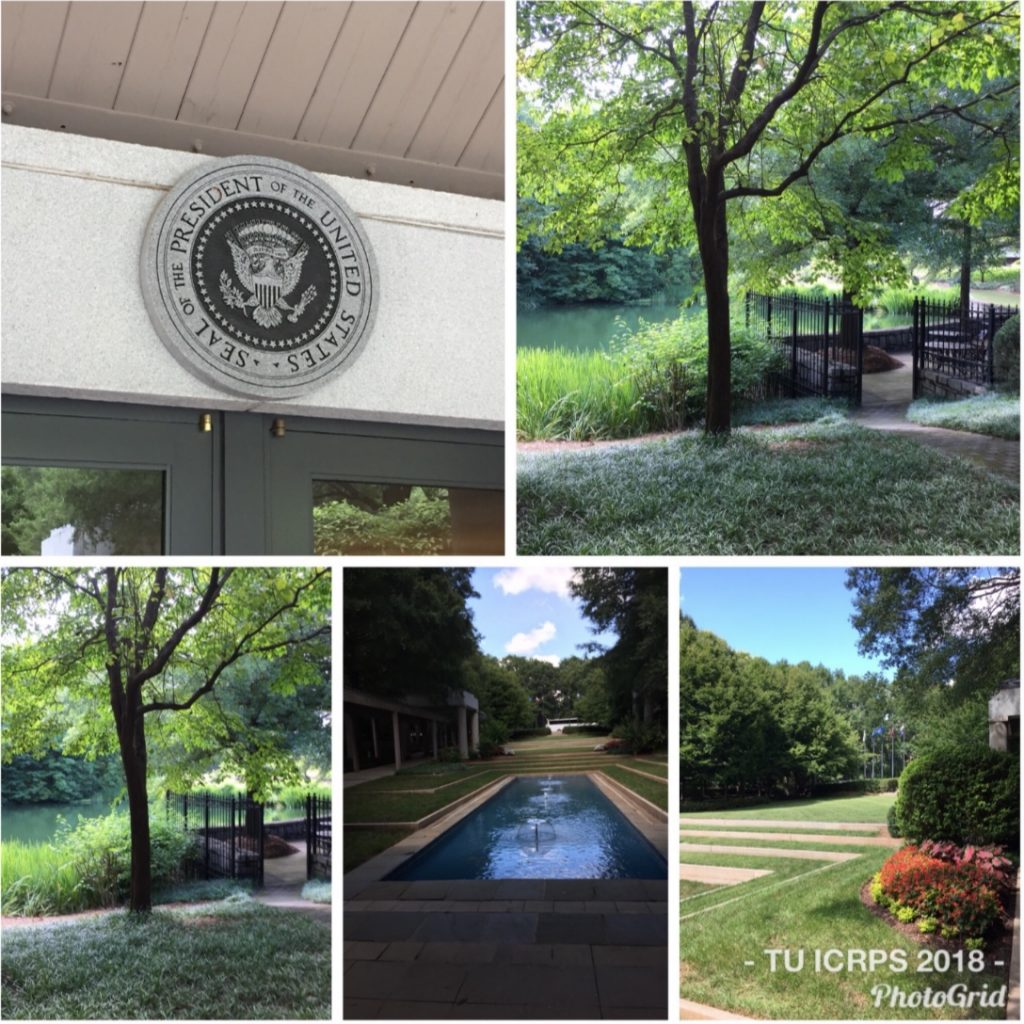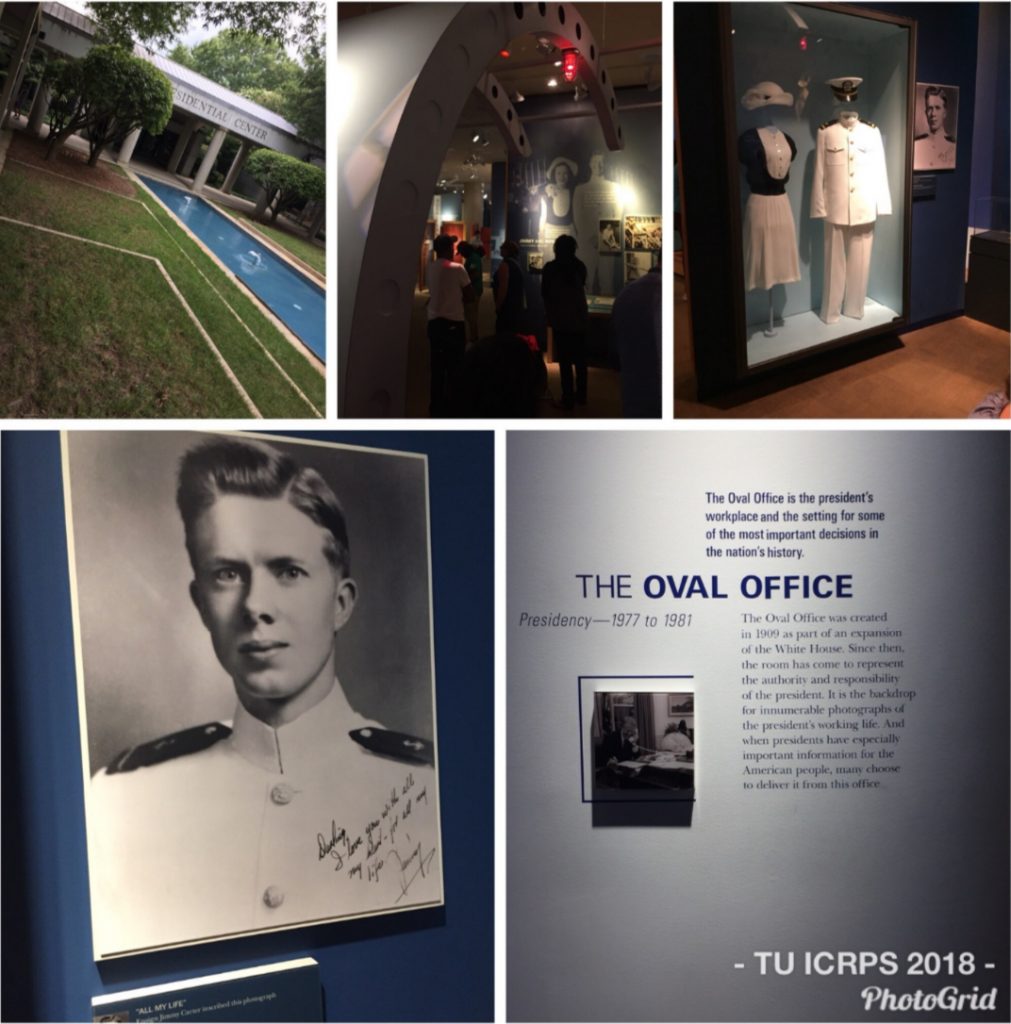Blog Blog Day 1 – June 25, 2018 Blog Day 2 – June 26, 2018 Blog Day 3 – June 27, 2018 Blog Day 4 – June 28, 2018 Blog Day 5 – June 29, 2018 Blog Day 6 – June 30, 2018 Blog Day 7 – July 1, 2018 Blog Day 8 – July 2, Read More ...

ICRPS 2018 Summer Institute | Tuskegee, AL | June 24-July 07
"Social Justice, Rural and Natural Resource Policy"
Written by: Ana Paola Balcazar Quinones &Gilbert Adjoyi
Day seven is student’s free day and students were free to do whatever they wanted while the faculty had a meeting and dinner. Some of the students arranged and visited Shady Grove Road Blueberry Farm to help to the owner Mrs. Josie Gbadamosi, a retired nurse, who migrated to Tuskegee, Alabama from Los Angeles, California and purchased the 46-acre land in June 2010. Josie restored two and a half acres of the 20-year-old blueberry bushes armed with hoes, chain saws and with the help of family, friends, community volunteers, Tuskegee University staff and students, and an occasional paid laborer. She markets her products through pick/pay, pick/share, direct sales, wholesale to two local grocery stores, and sales at the farmer’s market. She briefed the students on the history, joy and progress of her work.
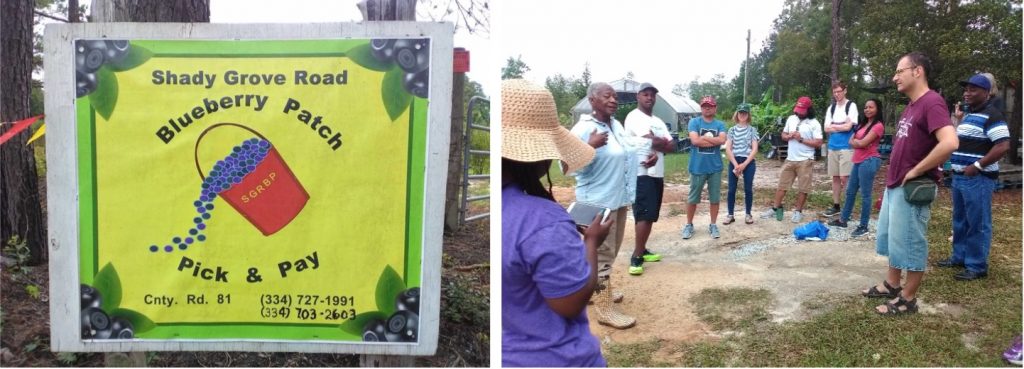
Armed with a bucket each, the students picked about 40 lbs. of produce and enough for every everyone to take home for their personal consumption. The students are planning to use part of the blue berries to make pies or crumble, using local ingredients from the farmers’ market on Wednesday and probably use the Tuskegee University Post Harvest Center kitchen to make pies or crumble. This can be a nice cooking experience for the Disparity in Food presentation.
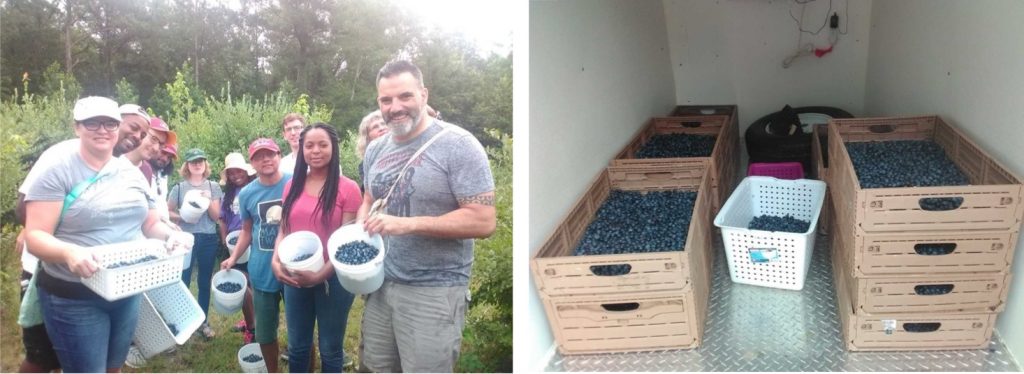
The students were also led to learn about the other plants and crops Mrs Gbadamosi have on her land, such as Moringa, Mint plant, blackberry and sunflower. Every student departed the farm happy and well informed about Shady Grove Road Farm’s role in fostering community development, togetherness and teaching students to give a helping hand when the community needs it.
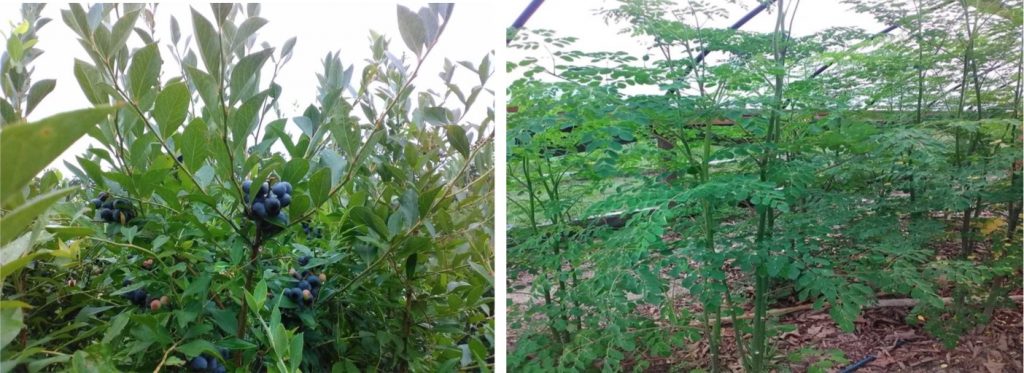
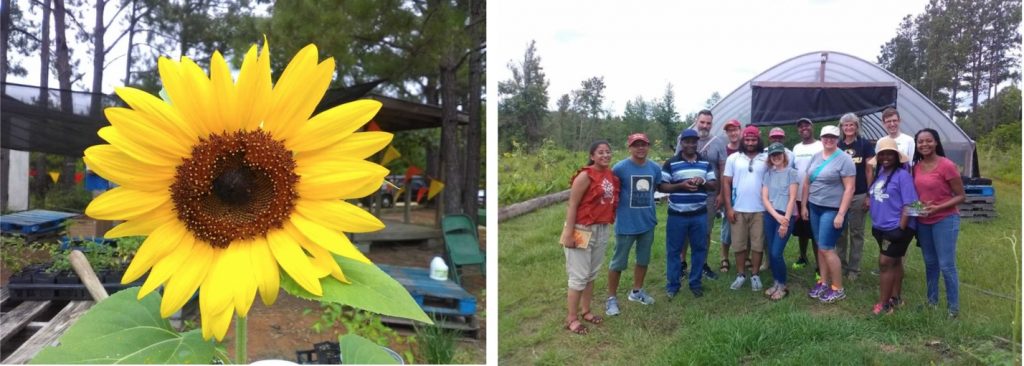
Day activities for the afternoon section of the day were two-fold. After lunch meal, some faculty went to visit the Tuskegee University Chapel and others went to rest. Some students worked on their group presentations while other students went to rest. Some did their laundries, and some went to visit the Lake Martin. Those who visited the lake, arrived at Paces trail side of it, located in Dadeville city. Lake Martin is about 30 minutes-drive from Tuskegee University, and is the largest man-made lake in the USA. It is 31 miles long and is about 170 feet deep. The photos below provide a few information about the lake and the visit.
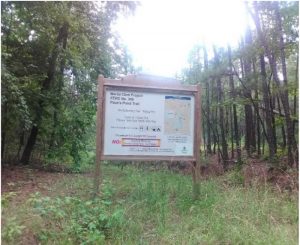
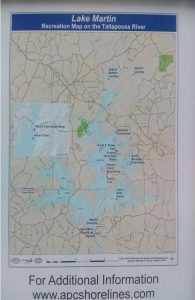
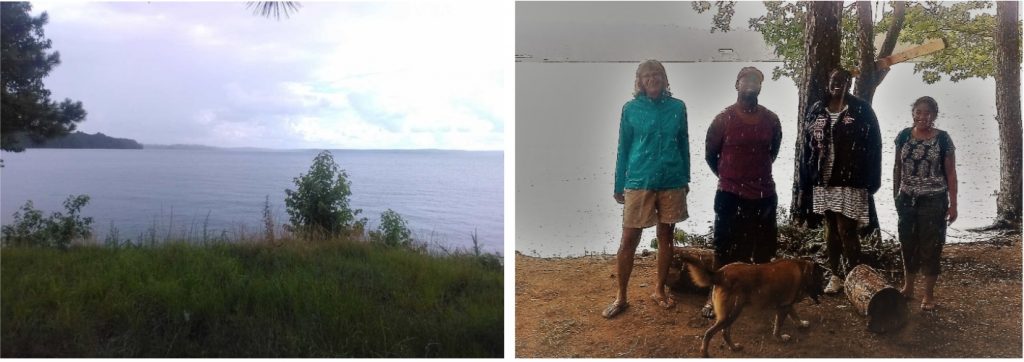
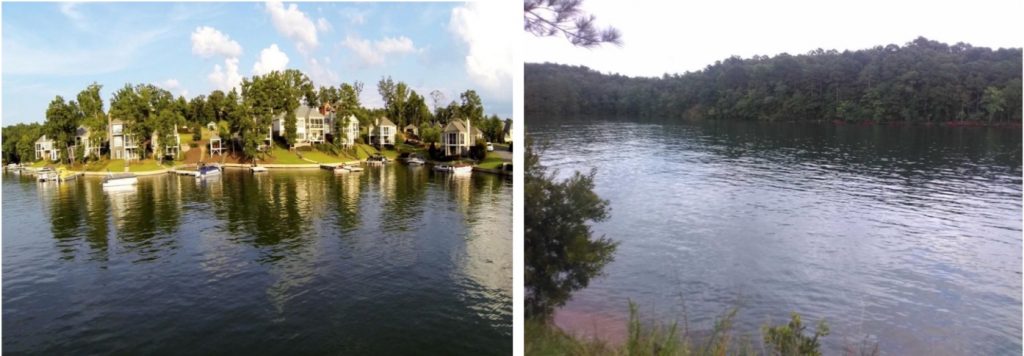
The students who visited Lake Martin also visited the Tuskegee Airforce Air Field.
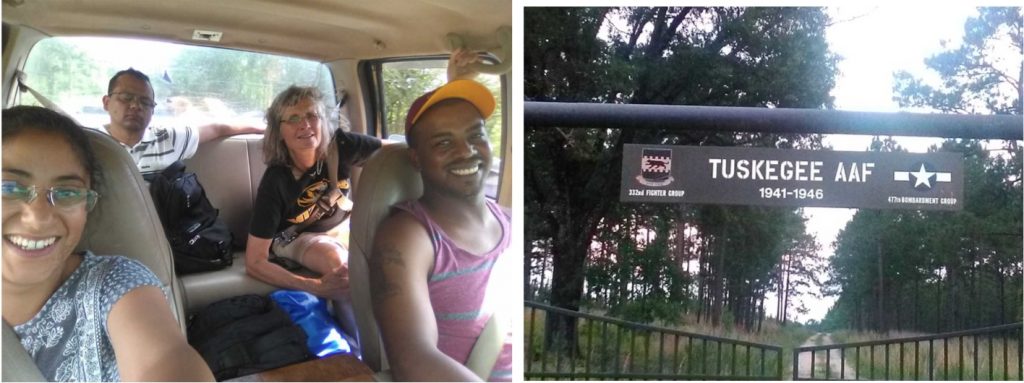
In all, the student free day had been a very exciting and successful day when students relaxed and enjoyed themselves.
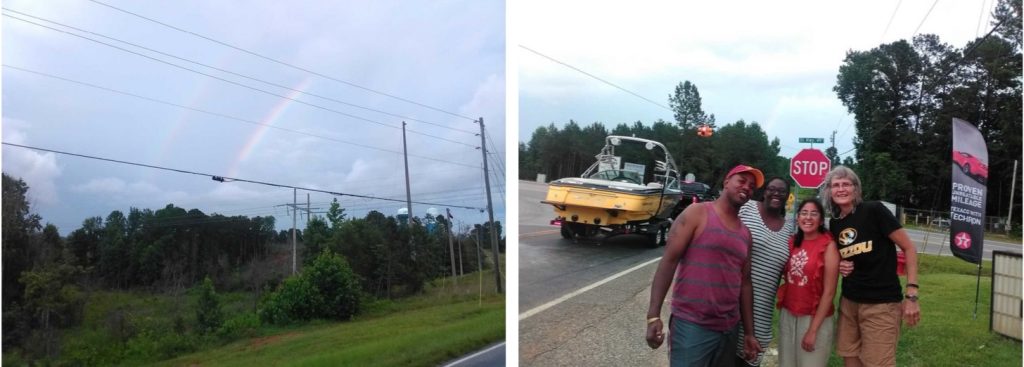
Written by: Lindsey Lunsford and Stephen Penner
Reflecting on our journey from Tuskegee to Atlanta, the dominant narrative of the rural to urban divide weighed heavy. People and place-based concepts would weigh heavy on the group. Coming in from the rural- Tuskegee population of 8,722 with a density of 532/mi² compared to Atlanta at a population of 472,522 with a density of 3, 526/mi² served as a strange contrast. The ICRPS group was doing this once, many of the Tuskegee students do this repeatedly with frequent sojourns to the bigger cities of Montgomery, Atlanta, and Birmingham- this juxtaposition and contrast is harsh.
From calm to hurried, airy to dense, communalism to a sense of individualism- lost in the numbers- it was a deep contrast. We started our “big city trip” at the wickedly diverse “Your Dekalb County Farmers Market” http://www.dekalbfarmersmarket.com- where the veil of Atlanta disappeared into a swirl of food cultures. Five types of yams, durian, varieties of apples numbering in the teens, fish from across the globe and a goat stew that the late arrivals were able to have with the most delicious goat meat ( sorry early comers). It had the elements of a global place where acculturation conversation was ongoing in the form of food. Food shared among those wishing to remember a taste of home and food consumed by those wishing to explore other “places” through food.
Our post-activity lunch featured a tour of the Jimmy Carter Presidential Library and Museum. There was an abundance of evidence that spoke to President Carter’s commitment to Social Justice, be it in his early work in the de-segregating institutions in his home town of Plains, Georgia, to his work in post presidential life with the Carter Center https://www.cartercenter.org and Habitat for Humanity https://www.habitat.org . Carter built bridges among and between different global communities- both people and place based.
Our visit to Hotlanta concluded with a tour of the home of “fake news”, the CNN World Headquarters, (an acknowledgment and a wink to the ongoing national conversation) to see the inner workings of a global media giant. The tour showed us the number of people and the complexity of being one of the worlds’ “most watched network.”
We rounded the day out with brews and great conversation over dinner. Which sparked this post’s authors to add original poetry to this post! Below is an original poem written by Lindsey Lunsford upon the suggestion of her co-author, Stephen Penner. It’s written to describe the experience of rural people venturing to the big city. Enjoy 😉
“Where we come from….”
We are the small ones
The unreported
We come from the small places
The edges
The periphery
The outside
We speak from beyond the margins
We are here
We exist, and we belong in this space
This is our world as it yours
Us country folk?
No, We are not all white
No, We are not all polite
And the rural has not now nor ever been excused from blight
No, we are not out of sight
Let those with eyes… see us
Let those with ears… hear us
We produce the worlds food yet still we hunger
We give way to the green, the good, and the holy
Yet still our rivers bleed and our children continue to need
We dwell in the lands that your people came from
Before they danced in to the expanse known as urban
Before the reflection of the setting sun on sky scraper glass blinded them to the lands of their origin
We do not suffer in silence
Gunshots still signal the violence
And we take cover as our climate rises
We come from the small places
The edges
The periphery
The bush
The tundra
The woods
The back of beyond
The hinterland
The backcountry
The sticks
The middle of nowhere
The boondocks
You cannot forget us
We cannot be erased
No matter the speed of the developers or hesitation of the planners
We are not to be outcomes, out zoned, or outcast
Nor do we thrive in the sense nostalgia in which your sanity so heavily depends
We are not simply a vacation for those over run with city lights and siren wails
We are not the end of lovely tales of childhood and visits to grandma’s house
We are not a simple people
For we are the foundation of our civilization’s structure
The back roads are where you’ll find the backbones
We are live, living, and thriving just beyond the limits of humanity’s focus
We are our only hope
We speak from beyond the margins
And we are here
Poem by: Lindsey Lunsford
